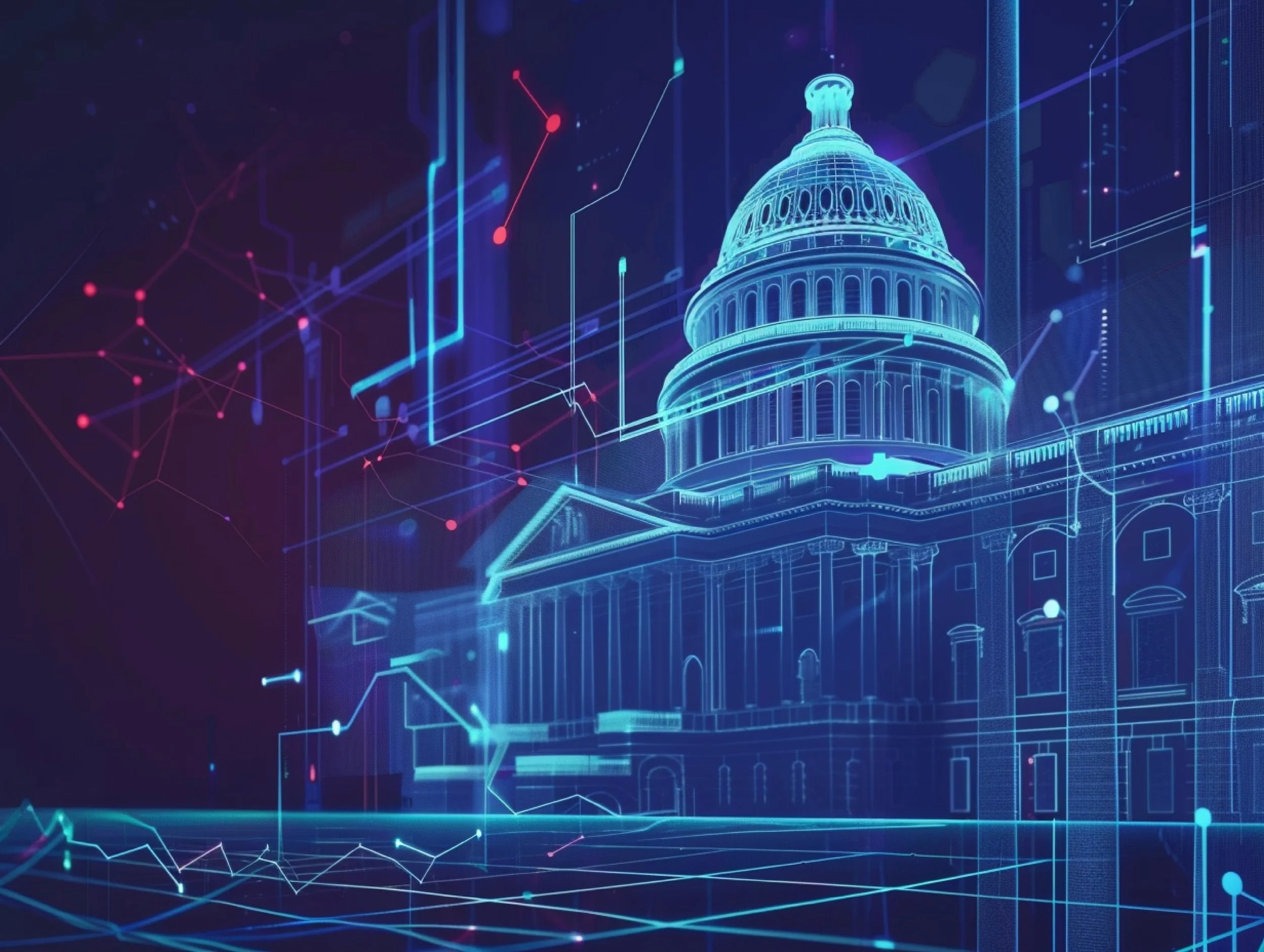The pressure on government agencies to deliver modern, efficient services is at an all-time high. According to the 2024 State CIO Survey, artificial intelligence (AI) ranks as the third-highest priority for state CIOs, with 60% of agencies already exploring its potential. Despite this growing interest, many organizations remain stuck at the starting line, uncertain about how to embark on their AI journey.
Read MoreMany agencies are migrating to the cloud and deploying hybrid hardware and software solutions to meet constituent expectations for seamless online experiences. However, the budgeting strategies that most agencies rely on lack the flexibility and agility needed to build and maintain a modern, cloud-based tech infrastructure.
Read MoreIn the digital age, government agencies are not meeting citizens' expectations regarding service delivery. Despite a 2.2% increase in citizen satisfaction with government services in 2024, the federal government earns a low grade of only 69.7 out of 100—and state and local governments lag even further behind. With 75% of respondents in a 2024 BCG survey expecting government services to match those of private companies like Apple, Google, and Uber, the bar is set very high.
Read MoreAcross the United States, government agencies are increasingly moving to the cloud to benefit from cost savings, free themselves from maintaining expensive on-premises hardware, and gain the ability to scale infrastructure needs up and down. At the state level, the majority of health and human services departments have now moved their operations to the cloud. However, local governments lag far behind their state peers, with two-thirds still approaching digital services in an ad hoc manner.
Read MoreBusiness challenges become much more manageable after migrating your applications to the cloud. However, there is more to a cloud migration than the technology itself. It is a process involving many teams and departments that takes place over weeks, months, and sometimes even years. When you’re ready to migrate, you will need a tool that oversees both the technology and the process.
Read MoreWith cloud-based computing now over a decade old, many organizations already have experience building cloud-native apps or performing “lift-and-shifts” of legacy platforms into the cloud. But not all legacy apps offer an easy transition. What about those legacy apps that are more complicated or are running on outdated code? Faced with daunting migrations, many companies opt to ignore (or navigate around) recurring issues tied to those apps.
Read MoreFor more than 40 years, customers have trusted CDW to deliver exceptional hardware, maintenance, and technology services. Following our merger with CDW, Enquizit’s clients will now be able to tap into deeper resources, including R&D innovation labs and hybrid cloud solutions. Meanwhile, CDW’s customers can now leverage Enquizit’s long history of helping clients solve problems via the cloud.
Read MoreOver the past year, the artificial intelligence (AI) phenomenon has taken the world by storm. Almost overnight, hundreds of millions of users were tapping into a host of AI-powered applications to write cover letters, receive tutoring assistance, make appointments, speed up customer service, detect cybersecurity threats, and more. Some analysts have even referred to AI as the “fourth industrial revolution,” parallel to the development of the internet itself.
Read MoreThe reality is that shutdowns are now an unpleasant feature of government work. Since the first U.S. government shutdown in 1981, shutdowns have occurred about every four years. Similarly, public sector IT projects take an average of 3.9 years to complete. As such, there’s a high chance that any team working on an IT project within the federal government will experience a shutdown that will threaten the project’s timeline and budget.
Read More









